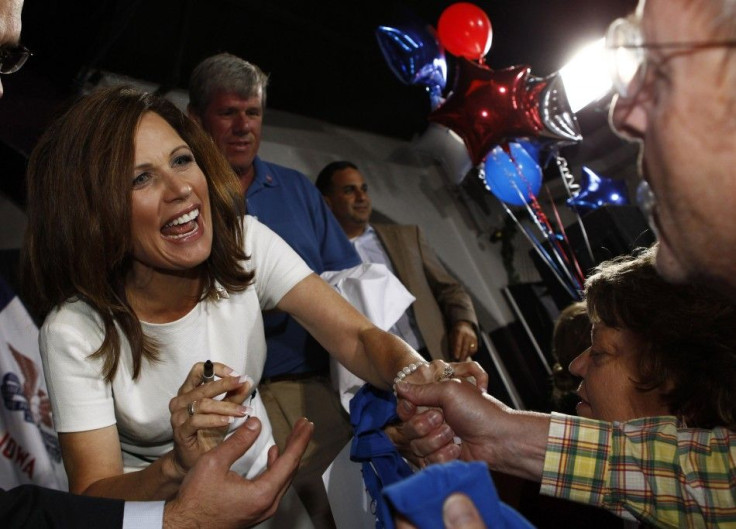Is the Tea Party Cooling Down?

Those who favor more government spending to fix the economy are neck and neck with those who wish to cut the budget deficit without delay, with the Tea Party losing its momentum, according to a leading author and journalist.
In his latest Reuters column, Nicholas Wapshott says that a new Pew poll indicates that national sentiment is shifting towards spending money to fix the economy. He says the recent shift could be explained by Americans giving the ideas of John Maynard Keynes a fresh look.
Wapshott's latest book, Keynes Hayek: The Clash That Defined Modern Economics, comes out in October. In the book he shows how today's political debate divides right along lines established 80 years ago by John Maynard Keynes and Friedrich Hayek.
According to Wapshott, when one in four Americans was out of work in 1932, Keynes suggested a mixture of policies to pump money into the economy to increase demand and get people back into jobs. By keeping the cost of borrowing cheap, Keynes argued that businesses could expand. Plus, public works projects could directly employs the jobless. Hayek countered that such expansionist policies were unlikely to work and would have unintended consequences.
Whereas the Tea Party championed Hayek's policies and made a splash in the midterm elections, the movement might be losing steam. The tide may well have turned. If the trend Pew has spotted is genuine and continuing, what a month ago seemed like Obama's Waterloo is looking increasingly like the Tea Party's Chancellorsville. The devil is in the details, Wapshott says in his Reuters column.
Wapshott says Democrats still favor spending over cuts by two to one. Nor has the Tea Party shifted: four out of five thought deficit reduction the most important issue in June; the same proportion thinks so today. But moderate Republicans have shifted, according to Wapshott. While two months ago they divided two to one in favor of cuts over spending, now they divide 55 percent to 40. Two months ago Independents favored deficit reduction by 54 percent to 39; today they are evenly divided, he says.
© Copyright IBTimes 2024. All rights reserved.











